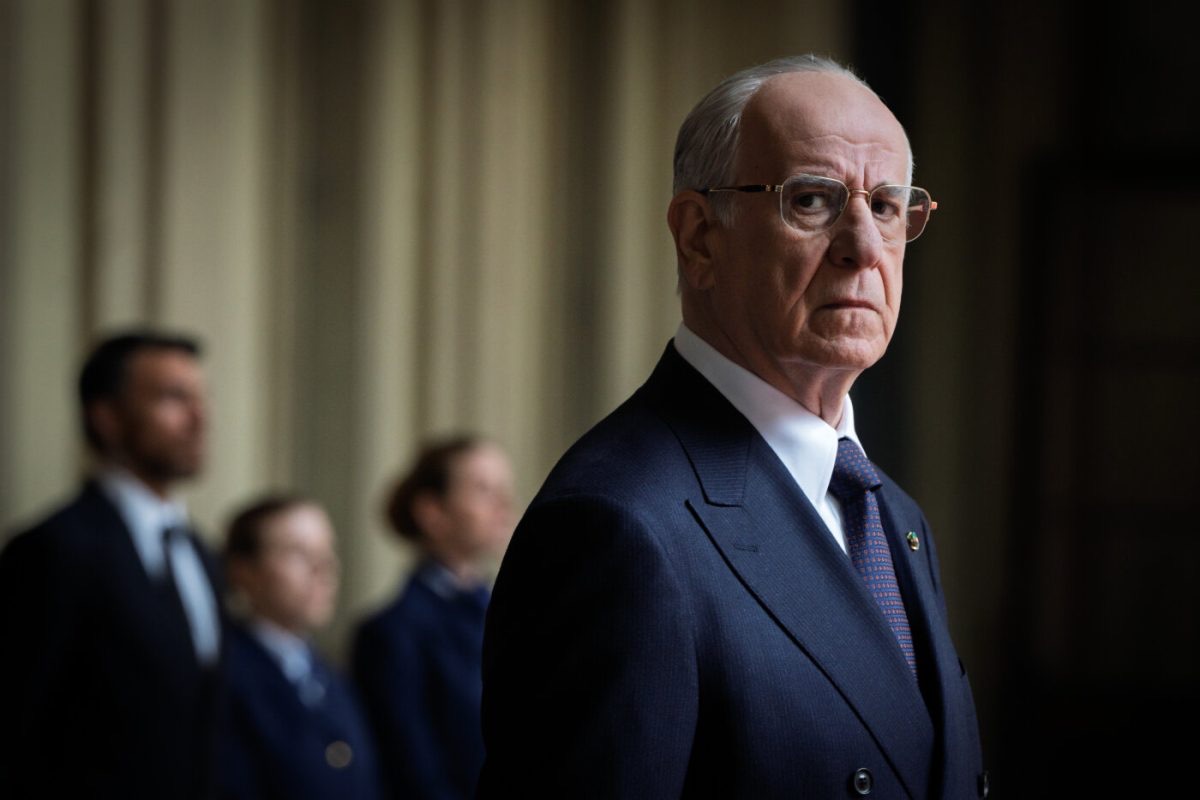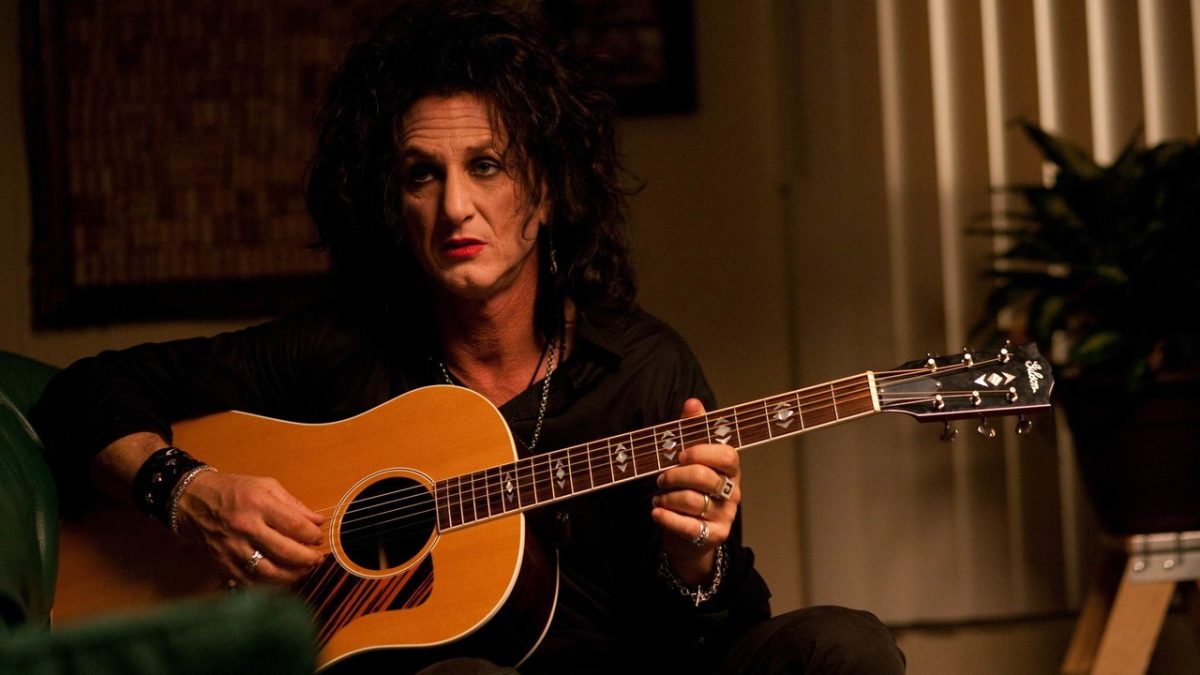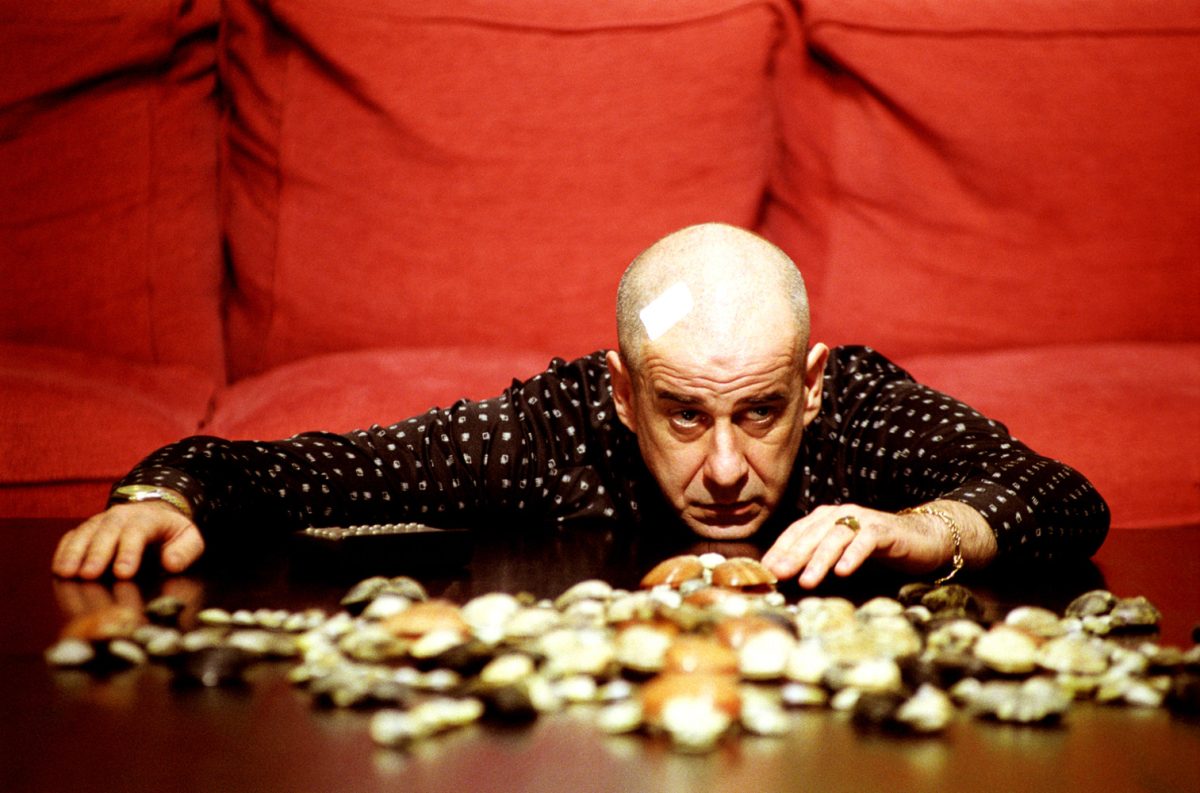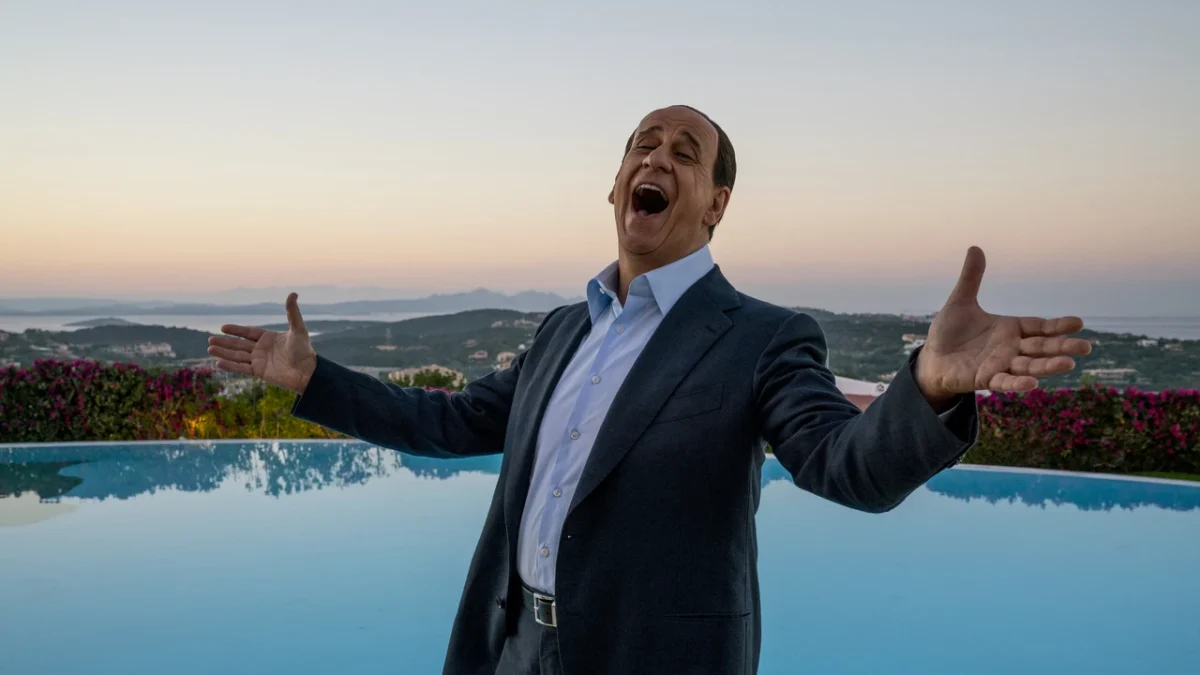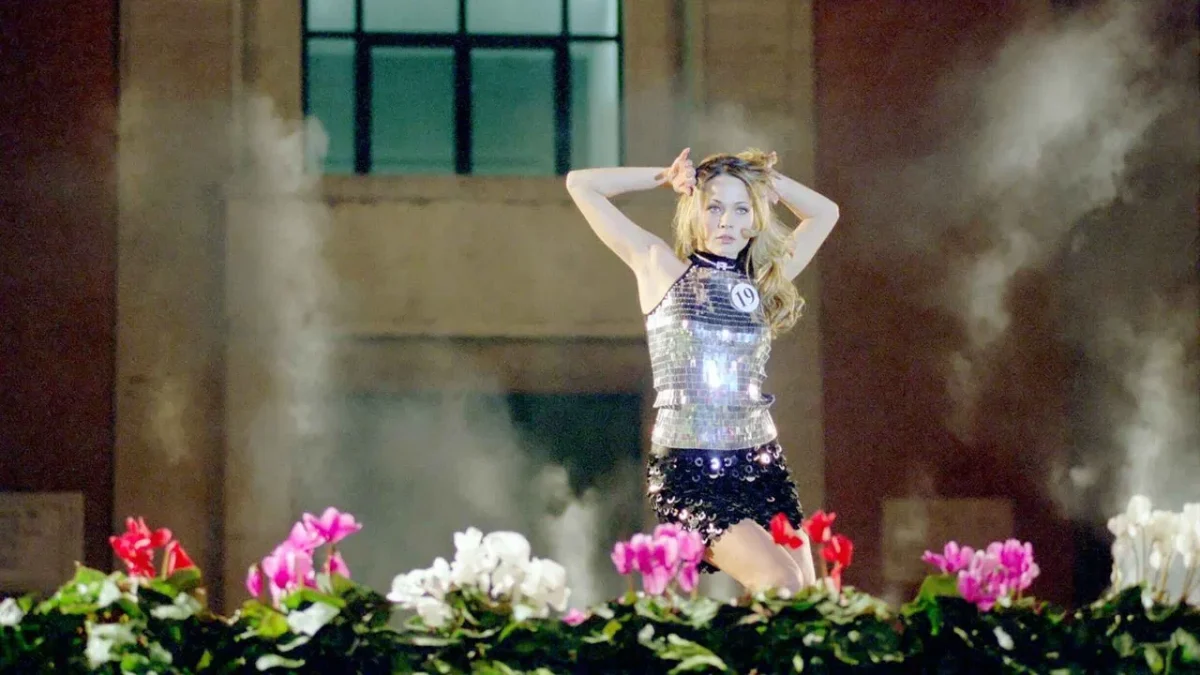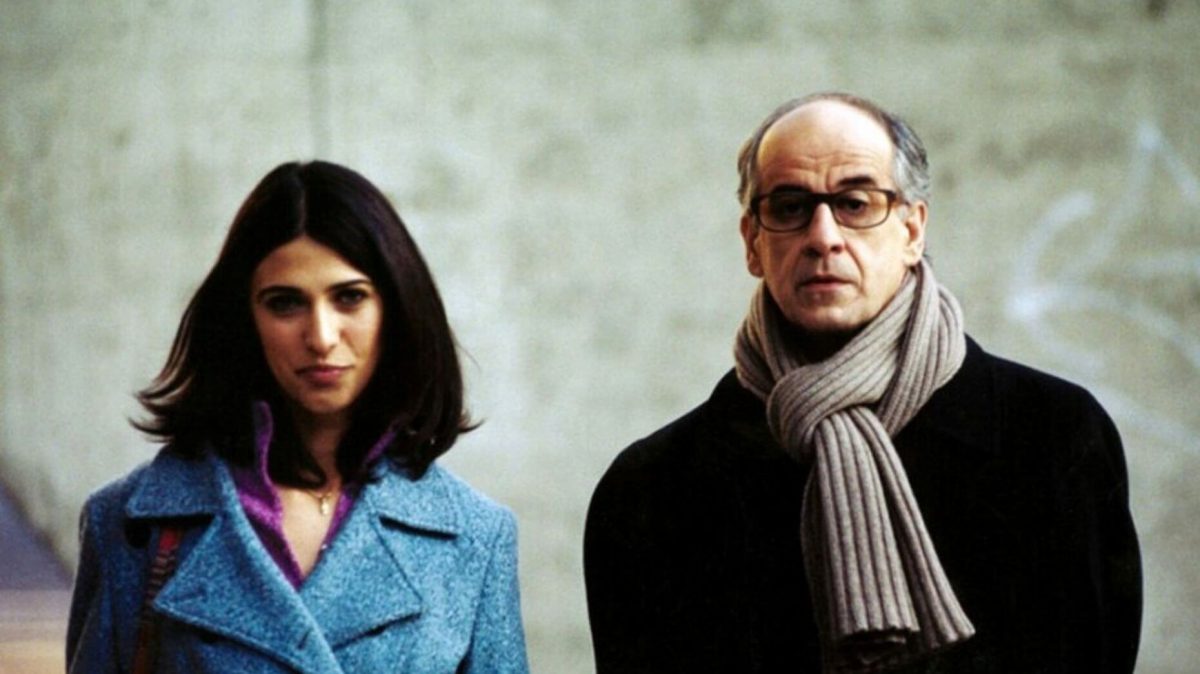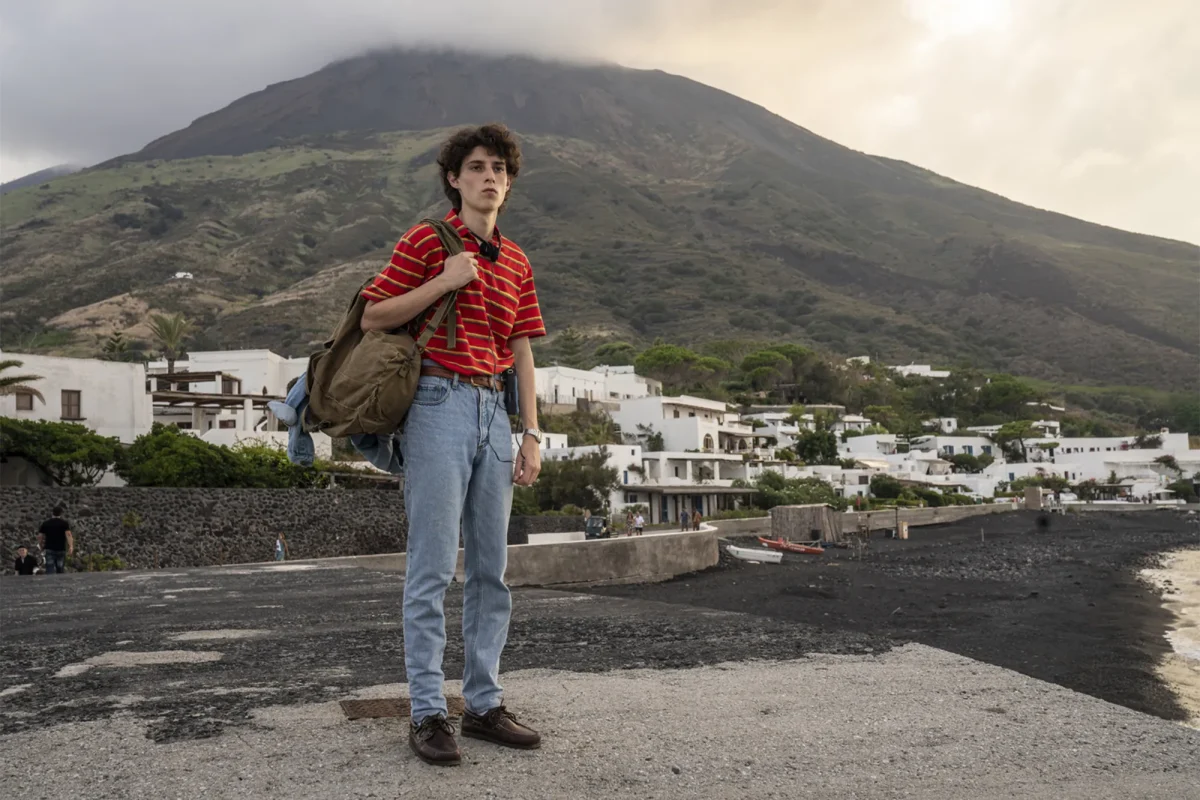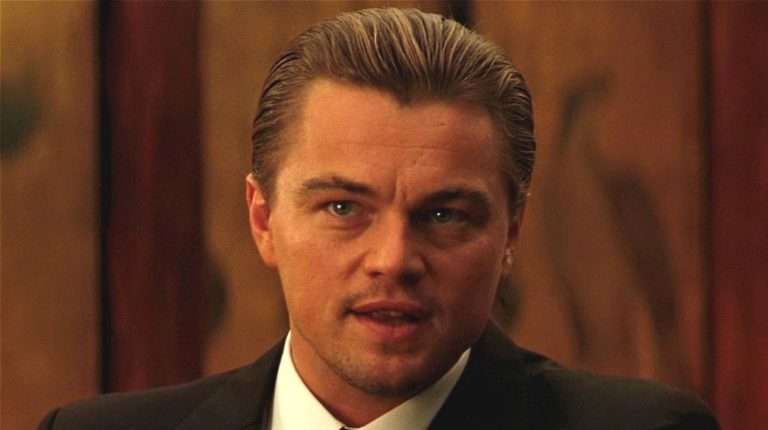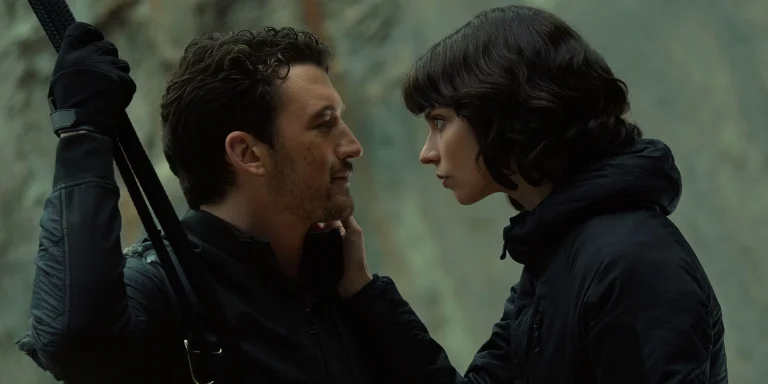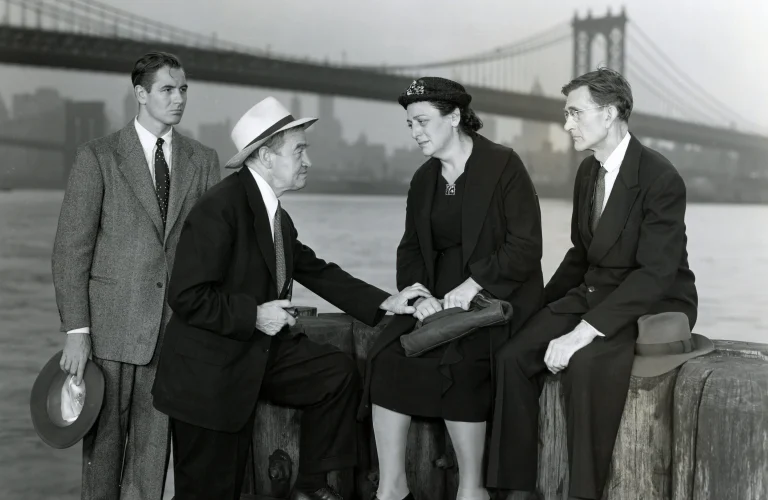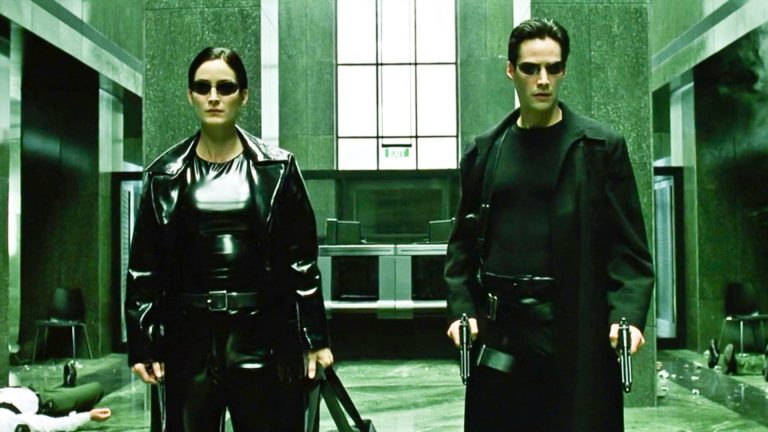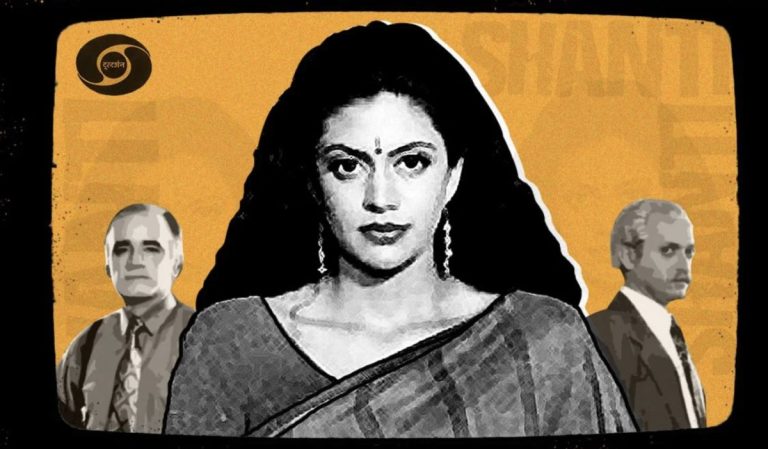Excessive, opulent, masturbatory, dazzling; there’s no shortage of adjectives that can be used to describe the films of Paolo Sorrentino, all of which can very easily apply as both compliments and insults to the Italian maximalist’s catalog. Suffice it to say, if you find yourself on board with one of Sorrentino’s films, you’re likely to be receptive to the majority of them—just as well, if you and the filmmaker started off on bad terms, that relationship is unlikely to smooth over with more one-on-one time.
That doesn’t mean that there aren’t varying degrees of effectiveness to the director’s dazzling touch, just as that touch has been applied to various explorations of empty men wandering through a beautifully vapid world. Whether these men come to find solace in this vacuous space or see only their own hollowness reflected back at them, Sorrentino knows like no other living filmmaker how to express worldly numbing in such unambiguously grandiose terms. With his latest offering, “La Grazia,” making the rounds, the time is right to rank Sorrentino’s 10 best films.
Dishonorable Mention:
Seeing a show, we’re ranking the 10 best films from a director who’s only (so far) made 11, it goes without saying that there will be but a single glaring omission. It should also go without saying that the film in question, 2024’s clunky and self-parodying “Parthenope,” would struggle to find a home on any director’s top 10 list even if it were only competing with nine other titles. The remaining 10, however, can all be looked upon with at least some modicum of favor.
10. Il Divo (2008)
In the ongoing, rock-solid collaboration between Paolo Sorrentino and Toni Servillo, perhaps no such union has resulted in a better lead performance than that at the heart of “Il Divo.” Inhabiting the notorious exploits of shifty Italian Prime Minister Giulio Andreotti, Servillo—beneath some truly transformative but altogether nuanced Oscar-nominated makeup—embodies the inherent terror of such a quiet but influential figure of the nation’s most tumultuous modern period.
His crunched posture and soft voice can initially strike some as cartoonish, but Sorrentino gives Servillo the room to make this unusual physicality an essential component of this performance’s disconcerting power, as though he’s winding up to explode at just the right moment.
And yet, something about “Il Divo” ultimately rings as incomplete. Perhaps Sorrentino’s particular brand of exorbitance is somewhat mismatched with the field of hardened Italian crime that comprises Andreotti’s moonlight activities, no matter how suited it is to a figure of high political standing and low personal morals. A milieu probably more appropriate for the likes of Matteo Garrone, “Il Divo” finds Sorrentino struggling to balance the historical significance of Andreotti’s power grabs with the unspeakable violence that he considered necessary to execute them. All that remains are blood stains along empty palace walls.
9. La Grazia (2025)
Completing production just a year after his previous disaster “Parthenope” had premiered, it’s difficult to view Sorrentino’s uncharacteristically restrained “La Grazia” as much more than a scrambled attempt at damage control.
Tackling the exploits of another politician (this time entirely fictional), Sorrentino’s most recent release sees the high walls of the Quirinale as yet another lavish prison for an existentially depleted man in power, though one of a far more sterile variety than usual. The end result is a contained rumination on regret and the capacity for personal impact that doesn’t read as much more than a 180-degree spin from a prior instance of overindulgent sloppiness.
With all that said, “La Grazia” still manages to exercise Sorrentino’s gift for unpacking emptiness by way of another exemplary turn by Servillo. Largely resting on his lonely shoulders, the film benefits from its star’s dignified melancholy that betrays a real verve for life that just needs the right push to flow from behind the lenses of his thick-rimmed glasses. The road to get to those moments of real passion is a bit too uneven, but those moments of revelation do eventually shine through in passing.
Check Out: La Grazia (2025) ‘FNC’ Movie Review: Paolo Sorrentino’s Self-Consciously Moderate Plea for Mercy
8. This Must Be the Place (2011)
Any film that features David Byrne as himself is automatically on the right track, let alone a film that features the legendary musician giving a wonderful performance of the song that gave the film its title. Byrne, however, is only a rocker of minor importance in Sorrentino’s “This Must Be the Place,” instead taking a backseat to the only obvious choice to play a glam rock icon with a high-pitched voice: Sean Penn. Whether or not you think Penn’s casting as an eyeliner-clad, eagle-haired has-been singer is essentially the litmus test for whether or not you’ll buy into the film at all, but it’s a ridiculous choice that, like all of Sorrentino’s glamorous gambles, is committed to with full fidelity.
Requiring even more suspension of disbelief is this character’s journey to avenge his deceased father by chasing down the Nazi who tormented him during internment in the Second World War. But “This Must Be the Place” finds in that odd odyssey a tangible grasp of a son’s best attempt to find some spiritual solace with the father he never knew, even if the best way to do so is completely beyond his understanding. Sorrentino, by extension, captures in his off-kilter splendor a form of estrangement felt beyond surface aesthetics.
7. One Man Up (2001)
The first excursion of a novice filmmaker named Paolo Sorrentino, “One Man Up,” bears many of the hallmarks that would quickly define the Italian auteur: bored, existentially tortured protagonists, a taste for luxury, a strong ear for poppy needle-drops, and of course, the contributions of one Toni Servillo. It’s in this inaugural collaboration that the actor plays just one of two experientially depleted protagonists named Antonio Pisapia, both of whom come to find in their collective woes the drive for quiet reinvention.
“One Man Up,” being Sorrentino’s first film, is rather obvious from the jump, as the film’s grasp at his soon-to-be-mastered grandiosity is noticeably hampered by the inexperience of a newbie and the lack of resources at his disposal. Still, what the director manages to do in turning this small corner of seaside Italy into a pocket of the 1980s is impressively realized for a debut feature, while Servillo and Andrea Renzi as the twin Tonis serve as a suitable dynamic duo, made all the more admirable by how little screen time they actually share.
There are undeniably better directorial debuts, just as there are directorial debuts that more perfectly encapsulate their filmmakers’ future trajectories more cleanly, but Sorrentino’s is nonetheless an introduction he can revisit with fondness.
6. Loro (2018)
Initially released in Italy as two separate films before being slimmed down for American distribution, “Loro” captures the scope of Sorrentino’s hunger for excessive atmosphere by setting its sights on the most excessive of modern Italian icons.
A media tycoon billionaire who finessed his way into becoming Italy’s Prime Minister, Silvio Berlusconi (take a guess as to who plays him here), is perhaps the nexus point of the director’s fascination with barren opulence, here expressed in a figure whose disingenuous smile is literally a surgical modification to his disturbingly over-tanned face. Essentially, Trump, before Trump, Berlusconi gives Sorrentino the perfect vessel to uncover not only the futility of fortune in the target himself, but also in the multitudes who thirst to suckle at the teat of capital.
The title of the film (“Loro” being Italian for “them”), therefore, carries all the subtlety of meaning one would expect from a production of this scale, and Sorrentino consequently holds nothing back in unraveling Berlusconi’s hollow existence and the constant suppression of conscience it takes to maintain that lifestyle. (Fun fact: Sorrentino was unable to recruit his usual financier, Medusa Film, for the project on account of the fact that it was controlled by none other than Berlusconi himself.)
5. The Family Friend (2006)
Taking one of the brief detours in Sorrentino’s filmography away from his partnership with Servillo, “The Family Friend” no doubt offers the director’s most compelling central figure not played by the actor, particularly due to his unrelenting repugnancy. With a shuffling, greasy presentation so slimy that he almost appears to have wandered out of Matteo Garrone’s “Gomorrah” or “The Embalmer,” Giacomo Rizzo’s central performance anchors Sorrentino’s third film by completely sidestepping the misleading beauty of his typical productions, instead rooting the inner ugliness of the protagonist in an outward manifestation that does away with any sense of metaphor.
There remains, however, something pitiable in Rizzo’s performance insofar as his thorough assumption that his internal ugliness is an inevitability caused by his physical state, eternally casting himself as an outsider and finding whatever means of thriving are possible in the financial exploitation of those around him. Combined with Sorrentino’s minimal (well, by his standards, at least) production superfluities that place the film within a realm of desperate longing towards material status, “The Family Friend” proves to be one of the director’s most compelling character studies, eternally steeped in the frustration of its own inadequacy.
Do Check Out: The 13 Best Italian Movies from the 2000s
4. Youth (2015)
If Sorrentino’s entire filmmaking ethos could be distilled into one, monosyllabic word, it would probably be “Youth,” and so it comes to pass that this very word would lend itself as the title of one of his most contemplative features. “Youth” manages to reach such levels of thought because Sorrentino is utilizing the irony of its title—the film follows two retired artists in their golden years as they vacation in the Swiss Alps—as a means of unpacking how the acquired wisdom and experience of age comes to be complemented by the vigor of the young to see the world with a fresh disposition.
It’s the great tragedy of the human experience—that we only get a grasp on the full capacity of our interests in life once we reach an age that leaves us unable to attain them—that Sorrentino manages to tackle with a sprightly comedic tinge thanks to the charismatic performances of Michael Caine and Harvey Keitel.
What’s more, “Youth” further delves into the director’s long-held fascination with music, this time exploring a classical sense of melody more attuned with the baroque imagery that has come to define his vision. It’s a match made in heaven that finds its greatest home in the twilight years on Earth.
3. The Consequences of Love (2004)
If “La Grazia” stands as Sorrentino’s only moderately effective attempt to find his way into the mind of a man who’s locked himself behind self-built walls of emotional and social seclusion, then his second feature, “The Consequences of Love,” illustrates the best case scenario instance of his capacity to chain us to the mind of a man who refuses to give up even the tiniest bit of himself to anyone within his vicinity. Confined largely to the intimate emptiness of a small Swiss hotel, the film finds its sense of precision in the sterile scantness of its surroundings.
Servillo once more stars as Sorrentino’s muse, this time slowly unveiling a dimension of sorrow to a figure whose tight grasp of routine reveals itself to be more a matter of fear from past experience than it is a sociopathic reach for power or control. “The Consequences of Love,” as with most of Sorrentino’s films, takes great care in expounding the meaning of its title right in the text, and in this instance, the consequences of love are far too great for this man to take any risk that sways him from his pattern. Of course, that sway does eventually blow him off-balance, and the consequences are swift and quietly devastating.
2. The Hand of God (2021)
There’s likely no defense for a film more irritating to hear than “You just sort of have to be from that country to fully *get* it.” With that in mind, I’ll spare you the spiel about how coming from an Italian family in all its obnoxious, hand-waving clangor gives “The Hand of God” a dimension of texture that simply exists beyond basic film criticism.
But for a filmmaker this typically distant in his splendiferous views of Italy as a whole through the prism of a single lonely guy in a suit, there’s something incredibly vulnerable and tender in Sorrentino’s attempt to do what every acclaimed auteur eventually does, and go back to the source of his drive to be a filmmaker, born all the way back in his childhood.
Perhaps that unexpectedly touching avenue comes from Sorrentino digging into a real tragedy, unfathomable for anyone at any age—the death of his own parents during his teen years due to a gas leak—and finding greater urgency than ever in his usual sense of wandering. That said, “The Hand of God” is still unapologetically a Sorrentino film and is thus unlikely to convert those already trepidatious towards the director’s onanistic style; for those of us already there to greet him, Sorrentino gives us a hefty reward of sentimental reflection.
1. The Great Beauty (2013)
I realize I just finished praising a Paolo Sorrentino film for its willingness to go beyond the microcosmic view of Italy through the lens of an empty man in a flashy suit, but sometimes… it’s all about the empty man in the flashy suit. It’s for that reason that “The Great Beauty” stands as both Sorrentino’s best and most quantifiably successful film—so far the only one to get him on the Oscar stage, where he took the opportunity to thank Diego Maradona (a tribute that takes on great personal meaning if you watch the previous film on this list).
For all the instances of self-exploration and self-defining stylistic development that take years to hone, sometimes, all it takes is a few cues from the masters, which is why Sorrentino’s best film comes to be that way via its attempts to emulate the very best film of the very best of his countrymen.
“The Great Beauty” certainly rolls off the tongue more smoothly than “Paolo Sorrentino’s Federico Fellini’s 8½,” but few other descriptors could encapsulate the scope of Sorrentino’s valiant endeavor to tribute his greatest influence, all the while finding his own avenue for exploring the vapidity of the oft-sought quest for meaning. “The Great Beauty” is the most holistic distillation of Sorrentino’s virtues and flaws as a self-indulgent artist, and no other film could more succinctly demonstrate the great beauty in that imperfection that stares back at us from the shiniest of marble adorning the vacant streets of Rome.

